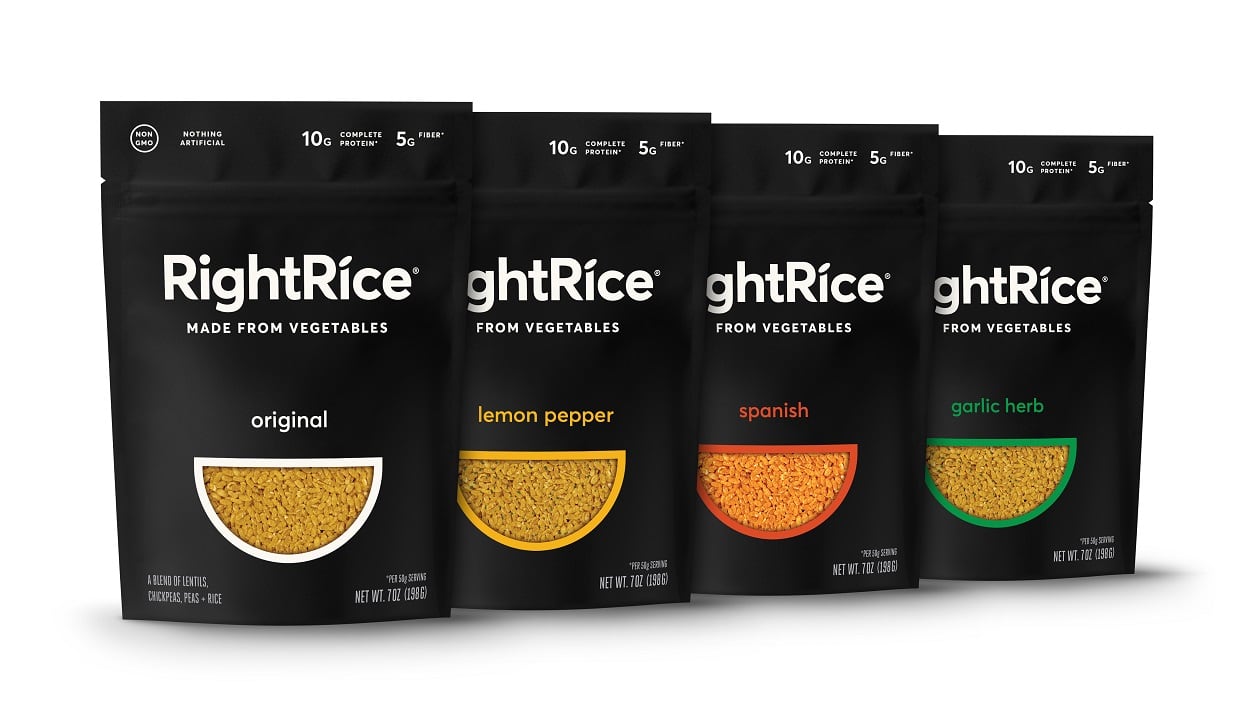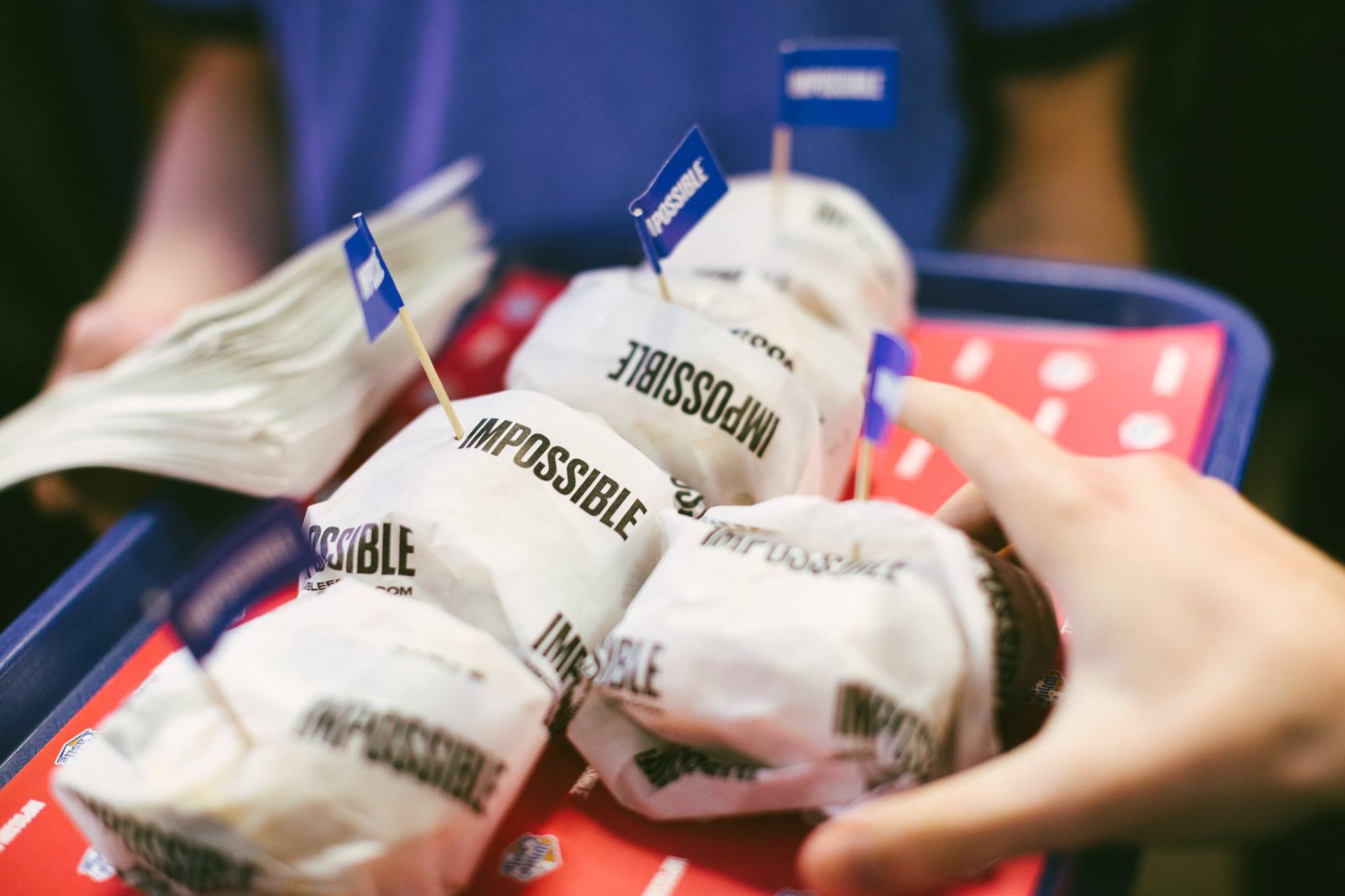Spoon Guru, an AI-powered food search and discovery platform, collected data from 2,000 US adults who follow a lifestyle diet or have a food intolerance or allergy.
The data revealed consumer struggles when it came to food shopping in particular with respondents reporting confusion when grocery shopping due to poor or non-existent food labeling. Respondents (54%) named non-existent or poor product labeling as the number one reason why they purchased or consumed the wrong food.Waiter error was called out as the number two reason by 52% and personal error came in third (37%).
The data also showed that 61% of respondents believe having a restrictive diet means they spend more money on food. Nearly two thirds of consumers (64%) agreed they spend up to $50 more a month on food because of their preferences.
And while grocery shopping is a mundane task for most, the survey found that vegan consumers (46%) have a particularly hard time when purchasing food online or in store, followed by vegetarians (39%), and consumers on gluten free diets (33%).
“The study found there is astounding support (86%) for the idea retailers should go above and beyond the current regulations to give customers more clarity on ingredients," Markus Stripf, CEO and co-founder of Spoon Guru, said.
Dining out has become a stressful experience for many
The restaurant and food service setting has become an area that many with restrictive diets shy away from due to a fear their dietary needs will be catered to or welcomed, the survey revealed.
The data highlighted consumers aged 45 to 54 find it the most difficult to dine at socials followed by the age range of 25 to 34 with 41% of respondents believing that they have been snubbed by restaurants because of their specific dietary needs.
The survey found that almost half of men following an exclusion diet (48%) faced some form of prejudice when dining out, while over a third of women (36%) felt a similar way.
The study also revealed more than half consumers (52%) battle to find food suitable for their requirements when eating out at restaurants. Meanwhile, it seems Americans with exclusion diets also may fear meal time in the homes of their family or friends; 50% revealed it can be challenging to have their dietary needs met when the food is served.

"It’s also clear hospitality staff need further training on the ever changing dietary landscape to make sure guests don’t feel alienated," added Stripf.
“The great news is that both retailers and businesses in the hospitality industry are starting to adopt smart technology, so it won’t be long until food discovery becomes inclusive no matter whether the consumer has an allergy, suffers from an intolerance or is simply following a lifestyle diet.”




